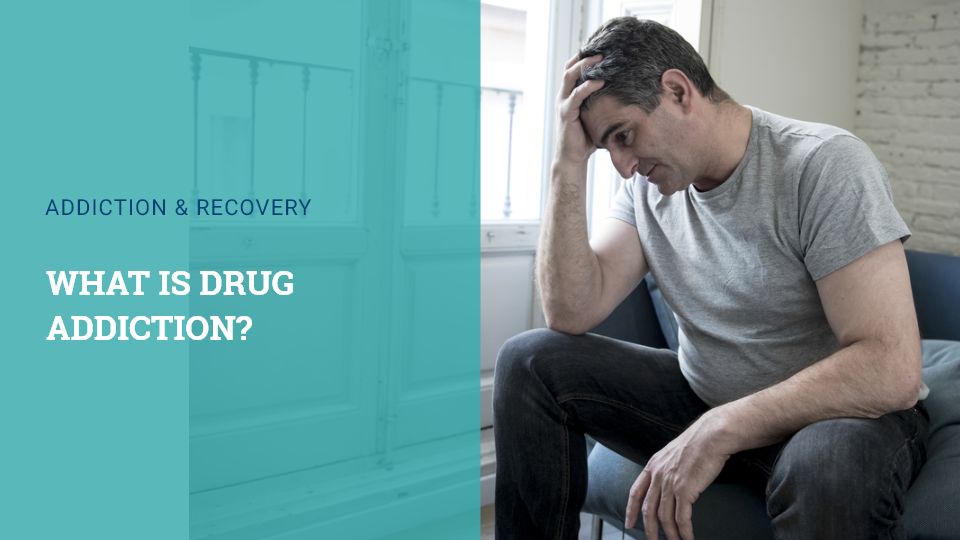Table of ContentsTop Guidelines Of Treatment Approaches For Drug Addiction Drugfacts ...Some Known Details About Addiction Treatment - Options For Addiction Recovery ... Our National Helpline - Samhsa Diaries
For example, methadone is administered in specialized centers to people addicted to opioids. It helps suppress yearnings and minimize withdrawal. The medications buprenorphine and naltrexone are also used for opioid dependency but can be supervised in outpatient settings. Naltrexone assists with alcoholism along with acamprosate (Campral) and Disulfiram (Antabuse), all of which work in various methods.
In addition to professional treatment (or after), 12-step programs can help individuals with addiction. They include Twelve step programs, Narcotics Anonymous and Drug Anonymous. The objective is for individuals to accomplish and keep abstaining - what is the latest treatment for opioid addiction. People accept that they have an illness, surrender it to a higher power and actively take part in all 12 steps.

Detecting drug addiction (compound use disorder) requires a comprehensive assessment and typically consists of an evaluation by a psychiatrist, a psychologist, or a licensed alcohol and drug counselor. Blood, urine or other lab tests are used to evaluate drug usage, however they're not a diagnostic test for addiction. However, these tests may be utilized for tracking treatment and recovery. There's no factor to be afraid of treatment. Detox and withdrawal can be difficult however our centers that provide on-site detox are staffed with licensed medical teams that will closely monitor you for indications and signs of withdrawal. By advancing through the detox progress, withdrawal symptoms enormously diminish. For the sake of customers going through detox at AAC facilities, we've located our detox rooms far from the main client activity locations.
Nevertheless, theses detox rooms are close to personnel offices for frequent tracking and easy access to staff. Since American Addiction Centers specializes in dual diagnosissimultaneously treating substance abuse and behavioral health issuesour accredited psychiatrists are available during the detox procedure to resolve high levels of stress or anxiety. The two main categories of dependency treatment are inpatient and outpatient rehab.
Some therapies that are frequently used to treat addiction include:1 Cognitive-Behavioral Treatment. Community Reinforcement Technique. The Matrix Design. Contingency Management. Motivational Improvement Therapy. Family Habits Treatment. Treatment strategies will differ from specific to specific. No individual's course to recovery will be identical to another's. Addiction is a persistent condition defined by extreme drug cravings and compulsive substance usage no matter the unfavorable effects.
2 Chronic substance abuse likewise often causes physiological dependence on the substance; once you rely, you'll experience traumatic withdrawal symptoms when you try to give up. These withdrawal signs typically add to continued substance abuse, as people may use the drug in order to relieve the undesirable symptoms or delay their arrival altogether (peer-review articles on how to create personal model for addiction treatment).
Indicators on Treatment Approaches For Drug Addiction Drugfacts ... You Should Know
Relapsing is thought about a regular and common problem in the recovery procedure. 2 Drug abuse treatment programs offer detailed treatment for addiction, however they do not offer a "treatment." A treatment suggests that the individual is no longer affected by a condition once they complete treatmentafter treatment, a person might be sober however will still need to manage their addiction throughout their lives utilizing the tools they found out in rehabilitation.
These interventions are intended at rectifying drug-using and maladaptive behaviors and changing them with healthy and favorable habits. 2 Further, someone being dealt with for a substance usage disorder will be assessed for any possible co-occurring psychological health conditions (called a dual medical diagnosis), such as depression, anxiety, post terrible tension disorder (PTSD), personality disorders, or schizophrenia.
Resolving both of these conditions during treatment increases the chance of having a positive treatment result. 3 Dependency can definitely be treated, however simply a few days or months of abstinence isn't generally adequate to make lasting behavioral modifications. 2 Rather, experts see recovery as a continuous process that requires long-lasting assistance and relapse avoidance training.
Aftercare treatment can consist of self-help groups (such as SMART Healing), 12-step meetings (such as Narcotics Anonymous), alumni programs, sober living homes, individual treatment, and group therapy. It is necessary to comprehend that no single treatment type is proper for everyone. That is why it's crucial that every treatment program has a mental health or addiction professional conduct an intake assessment prior to producing a personalized treatment strategy according to the patient's unique requirements.
Case history. Psychological status. Vital indications, such as temperature level and pulse. Patterns of drug or alcohol abuse. Results of urine test for compound use. Previous detox or addiction treatment experiences. Demographics such as age, ethnic background, and level of education. Living conditions, transport, legal status, dependent children, and financial scenario. Risk of violence or suicide.
Once an assessment is carried out and a treatment plan is developed, the treatment group must re-assess the individual on an ongoing basis in order to modify the plan as required. 4 This ensures that the client is getting the most reliable treatment for them throughout the healing procedure. Evidence-based therapies are interventions that have a considerable body of research study supporting TRANS-FOR-MATIONSTREATMENT their efficiency in treating dependency.

Get This Report on Treatment Approaches For Drug Addiction Drugfacts ...
Below is a list of frequently used evidence-based therapies and the types of compound abuse they treat:6 -11: This therapy is typically applied to the treatment of many addictions, including those to alcohol, marijuana, cocaine, and methamphetamine. The therapist analyzes the connection in between habits, feelings, and thoughts, and helps the patient to recognize and fix their unfavorable patterns in order to quit utilizing drugs and prevent relapse.
: CM is typically used to deal with individuals recuperating from an addiction to stimulants, cannabis, alcohol, and opioids. Treatment staff members supply clients with concrete rewards (such as prize money or vouchers, food, or other items and services) for displaying positive behaviors and proof of drug abstaining, such as supplying a substance-free urine sample.
It is normally utilized to deal with addictions to drug or alcohol. This program consists of extensive weekly treatment and therapy sessions in which the patient constructs relapse avoidance abilities, gets occupation training, takes part in new leisure activities, and constructs new socials media. Similar to CM, clients get coupons for offering substance-free urine samples a few times per week.
: This type of treatment, which is typically used to deal with alcohol or cannabis dependency, assists to increase a person's motivation to make a favorable change in their life by entering compound abuse treatment. The therapist examines the client, collaborates to develop a prepare for change, instills coping abilities, and encourages commitment to abstaining.